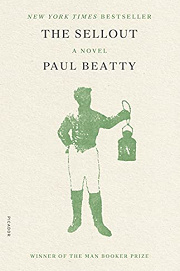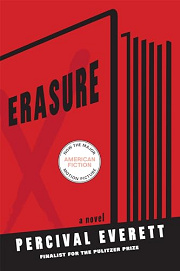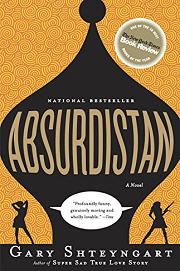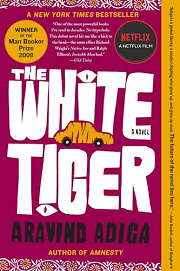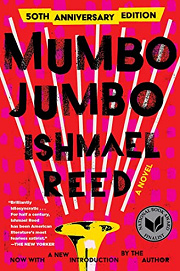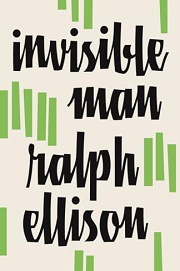Share your thoughts in a quick Shelf Talk!
The Sellout by Paul Beatty
A sharp, fearless satire follows one man’s outrageous plan to upend America’s conversations about race and identity. Bold, provocative, and laugh-out-loud audacious, The Sellout skewers sacred cows while delivering a story you won’t forget.
Have you read this book? Share what you liked (or didn’t), and we’ll use your answers to recommend your next favorite read!
Love The Sellout but not sure what to read next?
These picks are popular with readers who enjoyed this book. Complete a quick Shelf Talk to get recommendations made just for you! Warning: possible spoilers for The Sellout below.
In The Sellout, did you enjoy ...
... razor-edged satire skewering race, publishing, and authenticity?
Erasure by Percival Everett
If you loved how Bonbon’s Supreme Court testimony spirals into a send-up of American racial discourse—and how Foy Cheshire’s literary posturing mirrors real-world gatekeeping—you’ll click with the wicked bite of Erasure. The beleaguered novelist Monk Ellison writes a deliberately over-the-top book-within-a-book (“My Pafology,” later retitled “Fuck”) to mock the market’s appetite for “authentic Black pain,” only to watch it become a sensation. The media circus, phony panels, and family pressures land the same satiric punches that The Sellout throws at the Dum Dum Donut Intellectuals and the resegregated Dickens buses.
... pitch-black humor that turns geopolitics and identity into a farce?
Absurdistan by Gary Shteyngart
If Hominy Jenkins “volunteering” for slavery and the resegregated school signs made you laugh and wince at once, you’ll appreciate the gleeful bleakness of Absurdistan. Misha Vainberg—a 325‑pound Russian heir who just wants a U.S. visa—gets marooned in the oil-rich, war-torn nation of Absurdsvanï. The staged civil war, corporate grifts, and bureaucratic lunacy mirror the same outrageous logic that lets Bonbon’s Dickens become “more equal” through segregation. It’s the same gut-level cackle at a world that shouldn’t be this stupid, but is.
... a confessional antihero dismantling social myths with corrosive candor?
The White Tiger by Aravind Adiga
If Bonbon’s offhand ethics—owning Hominy, repainting school lines, gaslighting the city—made you relish a narrator who’ll do the wrong thing to expose the wrongness around him, meet Balram Halwai. In The White Tiger, he writes letters to Wen Jiabao detailing how he climbs from village servitude to Bangalore entrepreneurship by murdering his employer, Ashok. The same taboo-busting voice that drives The Sellout powers Balram’s confession: funny, shameless, and aimed straight at a corrupt social order.
... surreal, anarchic riffs on Black culture and American history?
Mumbo Jumbo by Ishmael Reed
If the outlandish premise of resegregating Dickens—and the Supreme Court circus—clicked because the absurd bared the truth, Mumbo Jumbo pushes that energy into the delirious. A dancing epidemic called Jes Grew sweeps 1920s America while detective-griot Papa LaBas hunts conspirators trying to suppress Black expression. Like Bonbon’s “solutions,” the novel’s wild plot devices feel unhinged until you see how precisely they target power and paranoia.
... philosophical undercurrents about identity, visibility, and social masks?
Invisible Man by Ralph Ellison
If the way The Sellout spirals from a farm in Dickens to the Supreme Court made you chew on big questions—Who gets to define you? What does visibility cost?—Ellison’s Invisible Man is foundational. The unnamed narrator’s journey from the Battle Royal to the Liberty Paints factory to the manipulative Brotherhood mirrors Bonbon’s collisions with institutions that demand performance. By the time the narrator retreats to a basement lit by 1,369 bulbs, the book has interrogated identity as ruthlessly as Bonbon’s stunts do.
Unlock your personalized book recommendations! Just take a quick Shelf Talk for The Sellout by Paul Beatty. It’s only a few questions and takes less than a minute.
